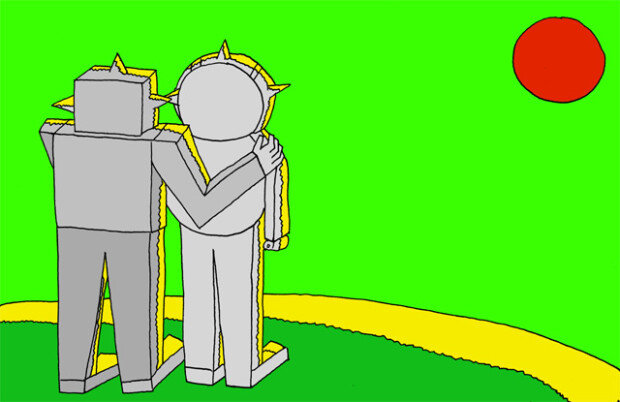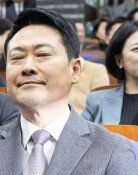Einstein and his employment
Einstein and his employment
Posted June. 26, 2020 07:39,
Updated June. 26, 2020 07:39

South Korean young students in their 20s are being driven by part-time jobs amidst unemployment. Many of them work at a restaurant or a café. Even Albert Einstein struggled to find employment after his college graduation, and he made a living as a substitute teacher and tutor. He later landed a job at a patent office that his friend introduced him to. Possibly thanks to the secure employment, Einstein started to publish important papers as he found time for himself.
In March, May, and June of 1905, he published three series of historical papers. On his first paper, Einstein presented on photoelectric effect built from the basic principle of solar cells and light-emitting diodes (LED). He revealed on his second paper the existence of an atom through the Brownian motion. Also on his third paper, he theorized special-relativity with the famous equation “E = mc2.” The German-born Nobel prize-winning physicist deeply reflected on the period when he could spend time alone.
Was is perhaps that those special moments in his 20s were the most creative time of his life? In 1915, Einstein presented a new theory of gravitation: general relativity. According to the general theory of relativity, space-time is not fixed, and the powerful gravity bends the path of light. It took several years to have this theory to be validated. On May 29, 1919, British astronomer Arthur Eddington waited for an eclipse and observed the star positions to either verify or falsify the theory of relativity. And from this observation, he confirmed that the positions of the stars around the Sun changed due to its gravity. That is, Einstein’s general theory of relativity was proven to be true. Through Eddington’s observations, scientific skepticism around the general relativity disappeared, and Einstein became a global star as a physicist. This event took place around 100 years ago from today, when the Spanish Flu struck the whole world.
When thinking about young Einstein, one could not help but think about the students who are stressed with finding a job these days. How nice would it be for the government to consider the importance of science and offer students university labs where they could study? One must not forget that there are young friends like Einstein around us. One could also consider the resumption of a support program that employed graduates as college intern assistants and researchers. One thing that the former Lee Myung-bak administration was capable of while spending money on the Four Major Rivers Project was instituting laboratory internships. Under the internship program, college graduates who were yet to be employed were able to work in laboratories with support from the government. The young friends who spent that time together have become middle-aged supporting our society today. K-quarantine that underlines basic science is global pride. Why the government, which is proud of the excellence of K-quarantine, does not invest this much for the young ones who wander for the future scientific foundation? This is an unfortunate, sad reality.







